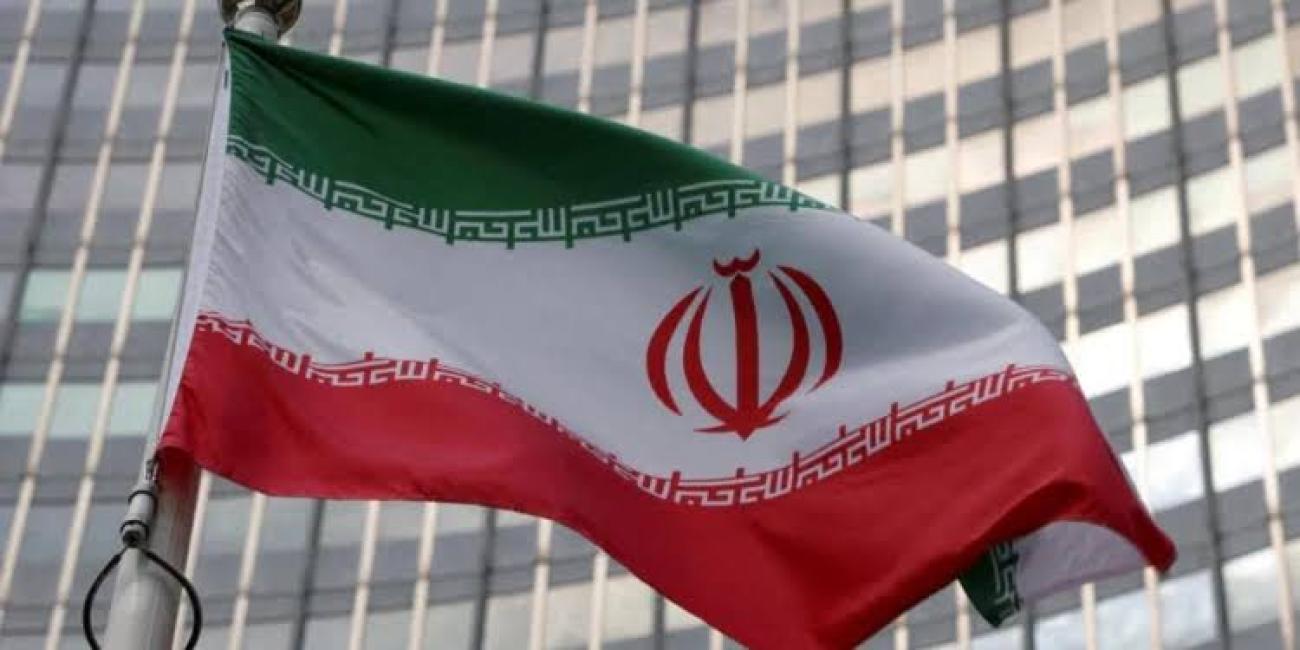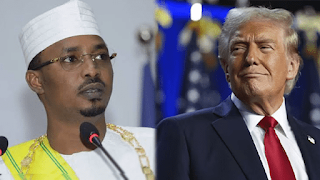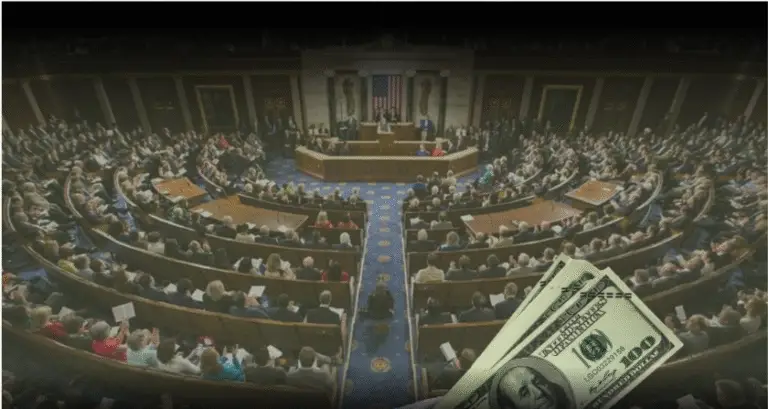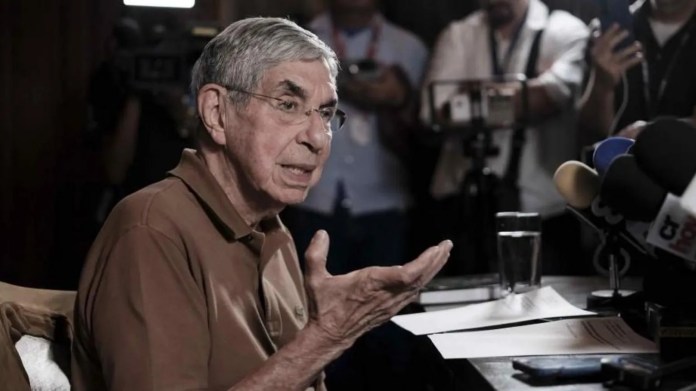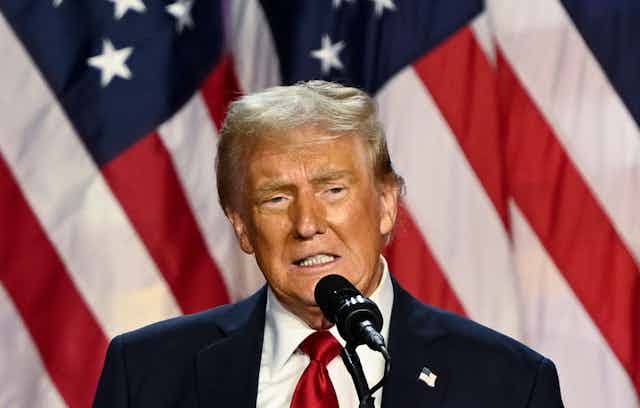The United States of America, USA is to present to the world next Monday, January 20, 2025, its two faces. It will mark the Martin Luther King Jnr, MLK Day. The federal holiday which would be holding for the 39th year, is the American face of non-violence, civil and human rights. It is a day that propagates the basic philosophy and principles of equality, justice, and peace which MLK symbolized.
Ironically, it will also be the day its new, President Donald Trump whose philosophy stands in sharp contrast to MLK, would be sworn in for a second time. Where the latter stood for non-violence, Trump is inclined to violence. He also has no care for civil or human rights including those of women. Where MLK is for peace, Trump is a leading advocate of furthering the USA war economy. Where the former is rational and predictable, the latter can be irrational and unpredictable.
In some cases, the fear of Trump may be the beginning of wisdom. For instance, Israel and Palestine, after fifteen months war with nearly 47,000 killed, have suddenly reached a peace deal. It is one in which both sides will release political prisoners or prisoners of war, POW. Israel would pull back to Gaza’s perimeters and allow humanitarian aid flow into Palestine. This is a task, out-going President Joe Biden has been most reluctant to undertake. Rather, he concentrated on pouring more weapons into Israel and seemed comfortable being Israeli Prime Minister Benjamin Netanyahu’s unofficial spokesman. When there were cries about Palestinian children being wiped out by the Israeli military, Biden’s response was that the numbers of those killed were exaggerated.
Biden may have a hand in the latest peace deal, but Trump has been taking credit. He boasted about the Wednesday Peace Agreement: “The EPIC ceasefire agreement could have only happened as a result of our Historic Victory in November, as it signalled to the entire World that my Administration would seek Peace and negotiate deals to ensure the safety of all Americans, and our Allies.”
He has made a similar boast on the Russo-Ukrainian War. The recent intensification of that conflict might be attempts by both sides to gain more territory before Trump is sworn in. Russia, before the war, had pushed for peace deals under the MINSK I &II Agreements, and continues to call for a negotiated settlement.
Ukraine on the other hand, after rejecting the MINSK Agreements, has been pushing for an outright military victory over Russia. Save for countries like Hungary and Germany that are not convinced victory would come on the battlefield, the North Atlantic Treaty Organisation, NATO supporters of Ukraine have, like motivational speakers, convinced Zelensky that he can militarily defeat Russia. But Trump does not have such beliefs and with him in the White House, neither Ukraine nor NATO can be sure of the maverick’s position.
Trump in the campaigns and shortly after his electoral victory had promised to negotiate the Ukrainian War with Russian President Vladmir Putin, end Ukraine’s ambition to join NATO and impose a 10-20 per-cent tariff on America’s $1.3 trillion trade with Europe. He also threatened to impose similar tariff on China, BRICS Members and on America’s neigbours; Mexico and Canada.
It is not only foreigners warning about a renewed Trump Presidency. Even Biden, whose under-performance and lack of principles, handed Trump victory at the November 2024 polls over Vice President Kamala Harris, is also wailing.
In his Wednesday, January 15 Farewell Speech in the White House, he warned of a developing oligarchy and the dangerous concentration of power in the hands of a very few ultra-wealthy people. This was an obvious reference to Trump and his close friends like Ellon Musk and paypall co-founder, Ken Howery. Biden lamented: “Today, an oligarchy is taking shape in America of extreme wealth, power and influence that literally threatens our entire democracy, our basic rights and freedoms, and a fair shot for everyone to get ahead.”
Also, in a little veiled reference to Trump who in his ‘alternative facts’ makes no distinction between the truth and falsehood, Biden cried: “Americans are being buried under an avalanche of misinformation and disinformation, enabling the abuse of power. The free press is crumbling, editors are disappearing. Social media is giving up on fact checking. The truth is smothered by lies told for power and for profit. We must hold the social platforms accountable to protect our children, our families and our very democracy from the abuse of power.”
But Trumpism may be much more dangerous than Old Biden portrays. Trump imagines himself a Superman, a neo- Tarzanist swinging across the world; a cowboy with a badge, plucking down people. He sees himself as the world policeman beating everyone into line. Trump is a sword threatening to cut both ways, sparing neither his assumed Chinese foes nor Western European allies, not even neigbours across the borders in Mexico and Canada. As for us in the underdeveloped world, we are nothing more than a “shithole”
More dangerously, he wants to extend the frontiers of the US to new colonies. For instance, on Sunday, January 12, 2025 he indicated that the USA wants to take over Greenland. He wrote: “For purposes of National Security and Freedom throughout the World, the United States of America feels that the ownership and control of Greenland is an absolute necessity.”
He was more direct on the Panama Canal which he threatened to seize because he claims that the fees being charged by the Panamanian Government for ships passing through it were too high. Referring to the USA control over the canal until 1977, Trump said he would demand that the: “Panama Canal be returned to us, in full, quickly and without question” When Panamanian President José Raúl Mulino responded that: “Every square meter of the Panama Canal and its adjacent area belong to PANAMA, and will continue to be.” Trump retorted: “We’ll see about that.” He then posted a photo of the American flag over the canal with the caption: “Welcome to the United States Canal!”
He may also, with the assistance of allies like Elon Musk, want to colonise the outer space.
Trump is like a reflated ego making a second grand entrance on the world stage. He first came as a phenomenon; his second appearance might be no more than a caricature. What is roaring like a lion and rumbling in the jungle? Is it the same Trump that four years ago was trampling on grass and uprooting trees like a frightened elephant? The next few years would reveal if we are dealing with the same being or one that has undergone some transformation or transmutation. Whatever it is, even this, shall come to pass.
